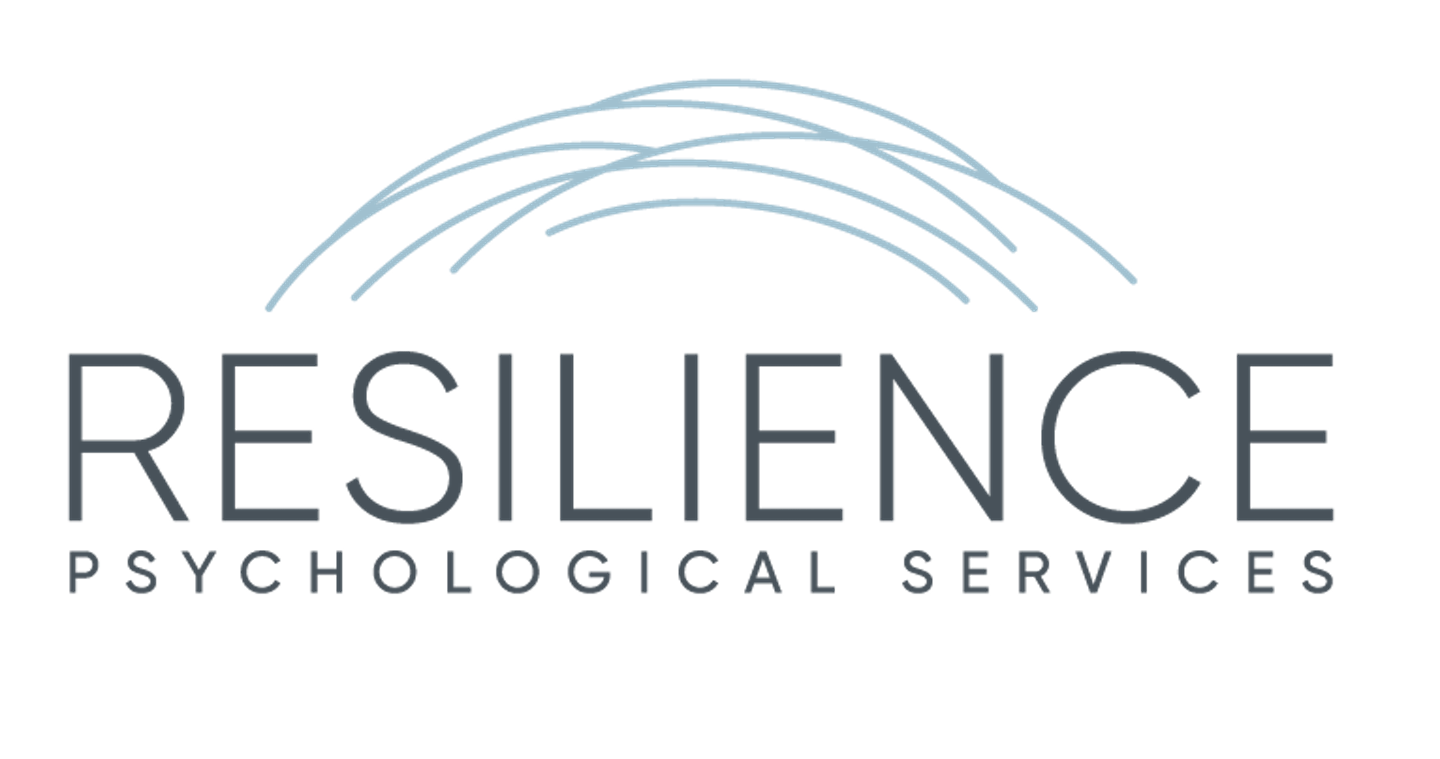Post-traumatic stress disorder
Post-traumatic stress disorder (PTSD) occurs after experiencing or witnessing a traumatic event, such as a serious accident, assault, or natural disaster. While trauma is a common human experience, PTSD develops when the emotional impact of the event overwhelms the brain’s ability to process it, leading to a lasting sense of fear, distress, and hypervigilance. Unlike complex trauma, which stems from long-term exposure, PTSD can result from a single traumatic event. However, its effects can still be profound and long-lasting, affecting how you feel, think, and relate to the world.
How We Can Help
We understand the overwhelming nature of PTSD and the impact it can have on your daily life. Our approach to treating PTSD is grounded in creating a safe, supportive environment where you can begin to heal. In our sessions, we’ll work together to establish trust and help you manage the distressing symptoms of PTSD. Through trauma-informed care, we’ll explore coping strategies for handling flashbacks, intrusive thoughts, and emotional triggers. As you feel more secure, we can gradually work toward processing the traumatic memories in a way that reduces their emotional charge.
Over time, therapy can help you reclaim a sense of safety and empowerment, guiding you toward a life where the trauma no longer dictates your thoughts or behaviors. This journey of recovery from PTSD is challenging, but absolutely achievable. We are here to support you every step of the way.
If you’re struggling with PTSD and are ready to take the first step towards healing, we invite you to contact us for a free consultation.
Common signs
Avoidance of reminders of the trauma
Difficulty concentrating
Emotional numbness or detachment
Hypervigilance or feeling "on edge"
Intrusive memories or flashbacks
Irritability or angry outbursts
Nightmares or trouble sleeping







